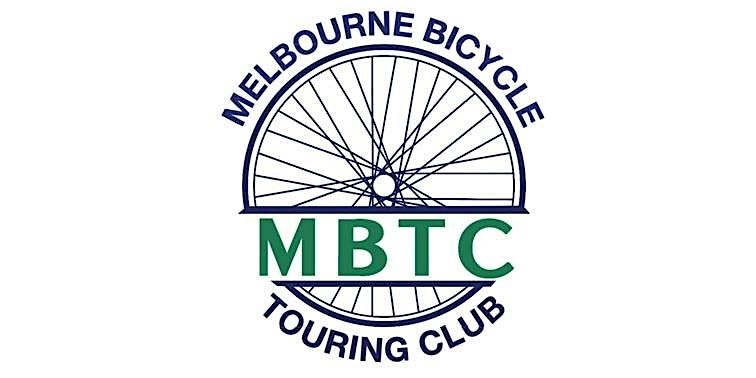SEMINAR | Molecular Biomarkers and Translational Genomics
Schedule
Wed Oct 08 2025 at 11:30 am to 12:30 pm
UTC+11:00Location
Lecture Theatre B, Lvl 7, VCCC | Melbourne, VI

About this Event
In this Collaborative Centre for Genomic Cancer Medicine Seminar, hear the latest research from the Molecular Biomarkers and Translational Genomics Lab with Dr Julia Matas and Dr Dineika Chandrananda.
Revisiting ChIP-seq: Insights from cell-free tumour DNA, Dr Dineika Chandrananda
Chromatin immunoprecipitation followed by sequencing (ChIP-seq) has transformed our understanding of gene regulation and activity within intact cells. Recent advances suggest that its utility extends far beyond the nucleus. Circulating nucleosomes, released into the bloodstream during cell turnover, retain histone modifications that reflect the epigenetic state of their tissue of origin. Applying ChIP-seq to this cell-free material offers a new lens into tumour biology: enabling the reconstruction of gene expression and regulatory landscapes, monitoring tumour dynamics, and potentially guiding precision oncology. This seminar will revisit the principles of ChIP-seq in the context of fragmented, extracellular chromatin.
Dineika Chandrananda is a Senior Research Officer at Peter Mac, where she leads the bioinformatics arm of the Molecular Biomarkers and Translational Genomics Lab. Her work focuses on developing statistical and AI-driven methods to analyse and integrate multi-omic sequencing data from cell-free circulating tumour DNA (ctDNA) found in the bloodstream of cancer patients. She applies these approaches to study the molecular landscape of cancer and for non-invasive monitoring of genomic and epigenomic tumour evolution. She has secured more than $2 million in national and international funding, including an NHMRC Ideas Grant, Laby Foundation support, and previously held a VCA Early Career Fellowship. Her contributions have been recognised through the Lea Medal for research excellence and leadership in translational genomics.
Multiomic cell-free DNA profiling to inform molecular classification and immunotherapy outcomes in endometrial cancer, Julia Matas
Immune checkpoint inhibitors have transformed the treatment landscape of advanced endometrial cancer with deficient mismatch repair, yet responses remain heterogeneous. To investigate this, we developed a multiomic cell-free DNA framework that captures genomic, epigenomic, and transcriptomic features directly from plasma. Within the PHAEDRA clinical trial of single agent durvalumab, this approach resolved molecular subtypes and mismatch repair aetiologies, demonstrated ctDNA dynamics as powerful prognostic biomarker, and uncovered cfDNA-derived immune programs that underpin therapeutic response. These findings illustrate the unique potential of liquid biopsy to simultaneously interrogate both tumour-intrinsic and immune features, advancing precision oncology in endometrial cancer.
Dr Júlia Matas is a postdoctoral researcher conducting research in Prof. Sarah-Jane Dawson’s Lab, investigating cell-free DNA analyses to uncover mechanisms of tumour evolution and therapeutic resistance in cancer. She completed her PhD at the University of Barcelona, where she applied ultra-deep sequencing for the early detection of colorectal cancer, generating new insights into cancer initiation and progression. Additionally, she contributed to the development of Genomic and Epigenomic Unified Sequencing (GEUS) technology at Aniling Biotech, an innovative platform that enables simultaenous genetic and epigenetic alterations from one single sample for cancer diagnosis and personalised treatment strategies
This seminar will be held on October 8 in Lecture Theatre B, Level 7 VCCC in-person and via Zoom between 11:30am-12:30pm.
The seminar will be chaired by Professor Sarah-Jane Dawson and will be followed by light refreshments in the atrium.
Where is it happening?
Lecture Theatre B, Lvl 7, VCCC, 305 Grattan Street, Melbourne, AustraliaEvent Location & Nearby Stays:
AUD 0.00




















